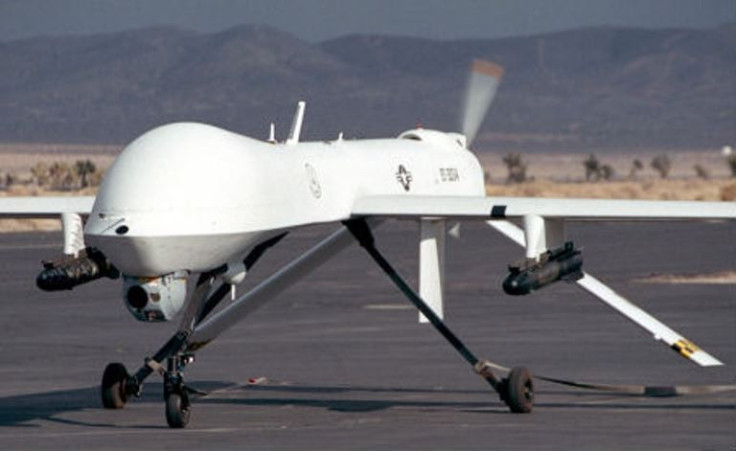Killer Robots: Time Running out to Ban Sci-Fi Weapons
Arnold Schwarzenegger's Terminator no longer realms of science fiction, watchdog warns UN

The Campaign to Stop Killer Robots has warned the UN that urgent international action is needed to ensure that the development of fully autonomous weapons, or "lethal autonomous robotics", is carefully controlled and that the weapons are banned from the field.
The campaign group, which includes members of Human Rights Watch (HRW), said that although "killer robots" were not yet operational, it was only a matter of time before they could automatically select and engage with an enemy without any human intervention.
An HRW report states: "If one nation acquires these weapons, others may feel they have to follow suit to avoid falling behind in a robotic arms race. Furthermore, the potential deployment and use of such weapons raises serious concerns about protecting civilians during armed conflict.
"Because of these concerns, fully autonomous weapons should be prohibited before it is too late to change course. Nations should agree that any decision to use lethal force against a human being should be made by a human being."
Unamnned drones aircraft have been a cause of increasing controversy, with the US in particular using drones to strike targets thousands of miles away with hundreds of innocent civilians in Pakistan and Afghanistan killed over recent years.
The US military has expressed doubts about the desirability of using killer robots.
An international delegation of computing experts has already called on world leaders to ban development of killing machines. Prof Noel Sharkey, chair of the International Committee for Robot Arms Control (ICRAC), said: "It is urgent that international talks get started now to prevent the further development of autonomous robot weapons before it is too late."
Austria, Egypt, France and Pakistan are among countries calling for the issue to be debated seriously at the UN General Assembly First Committee on Disarmament and International Security.
The spectre of killer robots has long been a staple of science fiction movies including The Terminator and RoboCop. Sci-fi author Isaac Asimov appeared to foresee the possible ramifications for increasing reliance on robots when he set out the "three laws of robotics".
The first of them states: "A robot may not injure a human being or, through inaction, allow a human being to come to harm."
© Copyright IBTimes 2024. All rights reserved.







